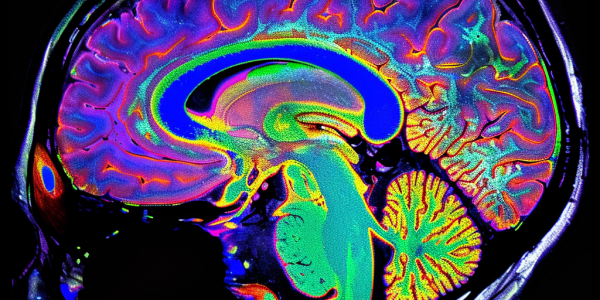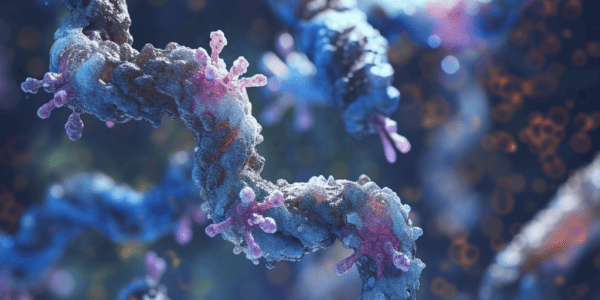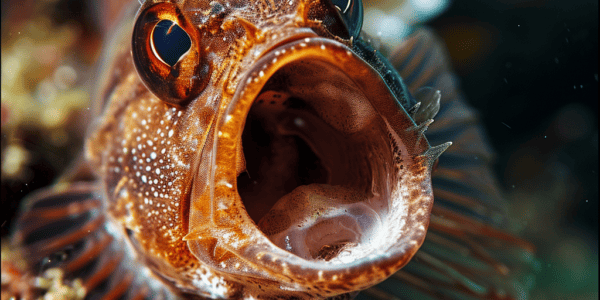Columbia University Research Unveils Key Insights into Biomolecular Dynamics
Columbia University’s recent biophysical chemistry research, led by Professor Ruben Gonzalez, reveals crucial insights into biomolecular dynamics, particularly the eIF4F protein’s interaction with messenger RNAs. Utilizing advanced single-molecule light microscopy, this groundbreaking work aims to enhance our understanding of protein motions, with significant implications for drug development and targeted therapies for diseases like cancer.
Study Reveals Nature’s Positive Impact on Children’s Mental Health
A groundbreaking study from the University of Montréal reveals that outdoor education significantly benefits the mental health of school-aged children. By integrating nature into learning, students experienced reduced anxiety and improved focus, highlighting the importance of outdoor programs in schools for enhancing emotional well-being.
New Study Reveals Genetic Factors Behind Sex Differences in Autism
A new study in Science Advances reveals the Ube3a gene’s role in sex differences in autism spectrum disorder (ASD). Researchers found that variations in this gene affect brain connectivity and behavior differently in males and females, shedding light on the higher prevalence of autism in males. This groundbreaking research enhances our understanding of autism’s genetic underpinnings and suggests that sex-specific factors must be considered in future therapies and treatments.
Study Reveals How Human Brain Reacts to Emotional Visual Stimuli
A recent study published in Nature Communications explores how the occipital-temporal cortex in the human brain responds to emotional visual stimuli. Researchers found that this region co-represents semantic and affective features of images, influencing behavioral responses. Understanding these neural processes could have important implications for psychology, neuroscience, and cognitive science.
Study Reveals Brain’s Thalamus Role in Hunger-Driven Motivation
Researchers have made a significant breakthrough in understanding the brain’s thalamus and its role in hunger-driven motivation. A recent study conducted with mice has shed light on the involvement of two distinct neuronal populations within the paraventricular nucleus (PVT) in regulating actions aimed at achieving a goal, such as foraging for food. The study revealed that dopamine D2 receptor-positive (PVTD2(+)) neurons play a pivotal role in amplifying motivation and pursuit behaviors, while their counterparts, PVTD2(–) neurons, are linked to action termination. This discovery challenges previous assumptions about the uniformity of the PVT and underscores its critical function in translating hunger into motivated action. The findings hold promise for the development of new treatments for motivation-related psychiatric conditions.
Breakthrough in Understanding Bacterial Genome Regulation through Transcription-Replication Interactions
Researchers have made a significant breakthrough in understanding bacterial genome regulation through transcription-replication interactions. The study, published in Nature, sheds light on the dynamics of gene expression at the genome scale, providing a novel classification of regulatory modes based on…
ADHD Diagnosis Process in Pittsburgh Area
ADHD: Understanding the Diagnosis Process and Support Options in Pittsburgh Area January 18, 2024 If you’ve ever wondered if your child has ADHD, you’re not alone. It can be hard to know whether a backpack stuffed with forgotten permission slips…
14 Psychological Tricks Smart People Use to Navigate Diverse Scenarios
Psychology is a fascinating field that offers insights into the human brain and behavior. Understanding how the mind works can provide a significant advantage in various situations, allowing individuals to gain control and influence outcomes. Here are 14 psychological tricks…
California Singing Fish’s Midbrain as Model for Mammals’ Vocal Control
California Singing Fish’s Midbrain May Serve as a Model for How Mammals Control Vocal Expressions By: [Author’s Name] Published: January 2, 2024 For the chatty midshipman fish, also known as the ‘California singing fish,’ research has revealed that the midbrain…









